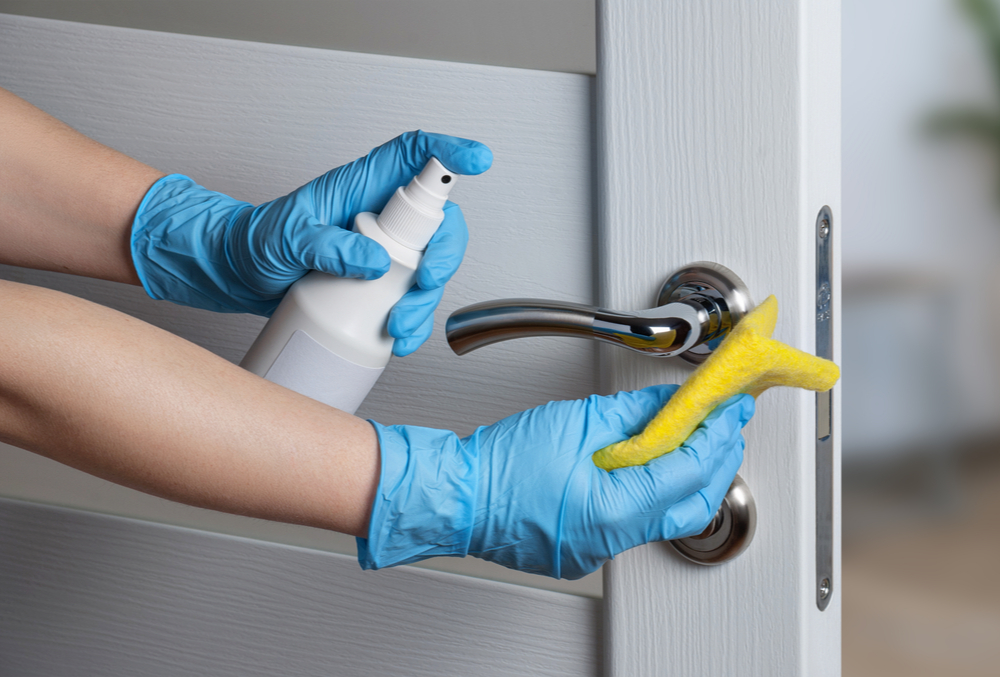What Are a Tenant’s Responsibilities for Maintenance and Repairs?
When it comes to repairs, maintenance and general upkeep of your home, your tenancy agreement will spell out who is responsible for what. Most major repairs will be your landlord’s responsibility, but what about regular maintenance or smaller repairs?
Major vs minor repairs

Minor repairs are ones that don’t usually require professional expertise to fix, and they are unlikely to occur with the structural aspects of your home, such as the roof or the boiler. Minor repairs may be necessary due to time, such as replacing the batteries in your smoke detector or sweeping the leaves in your garden every autumn. They can also occur due to tenant error or lack of care, such as blocking up a sink or keeping the flat clean and free from pests.
The law states that your landlord is responsible for major repairs, and they are not able to make you responsible for any major repairs in your tenancy agreements; the law will supersede the contract in this case.
So what exactly is a major repair? If it’s anything to do with the structure of your home, gas, heating, electricity or sanitation, it’s your landlord’s responsibility to fix the issue. This could be making sure plug sockets and appliances have been tested and are safe, carrying out annual gas safety checks, or dealing with serious damp problems to name a few. Unless otherwise stated in your tenancy agreement, your landlord is responsible for the white goods in your kitchen as well.
How to report issues
Although your landlord is responsible for keeping up with major repairs, they won’t be able to do that if you let them know about the issue! Tenants may be hesitant to tell their landlord about repairs, especially something major like the boiler going bust, because they are afraid of eviction. In this case, it’s important to remember your landlord has a duty of care to provide you with a safe, habitable home and you have the upper hand in this situation when that care is at risk of not being provided due to a major repair.
Your tenancy agreement might even include the condition of reporting repairs as soon as possible, so double check to make sure that even seemingly small repairs are reported so you aren’t breaching the contract.
Acting in a tenant-like manner
Cleanliness

Your home is unlikely to stay spotless the entire time you’re living there. If you have children or pets, you might have trouble remembering the last time your house was spotless! It is unreasonable to expect a professional level of cleanliness from any tenant, but you are responsible for keeping mess under control. Lack of cleanliness can escalate into more serious problems, like widespread mould or pests.
Wear and tear vs damages
You will almost definitely cause some minor wear and tear to your home, no matter how careful you are! Scuffs on light coloured walls or worn down carpets are expected. If you’re not sure what qualifies as ‘wear and tear’, just ask yourself if it was actually possible to avoid this from happening. If it wasn’t, you’re in the clear! However, if it was due to negligence or improper use then it qualifies as a damage.
A door handle suddenly getting stuck and no longer allowing you to open the door is wear and tear, you could not have done anything differently to keep the door handle from getting stuck. If you were moving furniture and accidentally broke the door handle, this would qualify as damage. This kind of damage doesn’t need to be reported to the landlord, but you have the responsibility to arrange a repair or risk losing some of your deposit.
Returning your home in its original condition
There may be some obvious signs of life still in your home when you’re ready to move out, like additional indentations in your carpet or slightly faded curtains. However, it should not look like a completely different house to the one you moved into! It is at this point that tenants and landlords run into disputes, so try to avoid this by keeping an accurate inventory and keeping a detailed record of any repairs made by either you or your landlord.